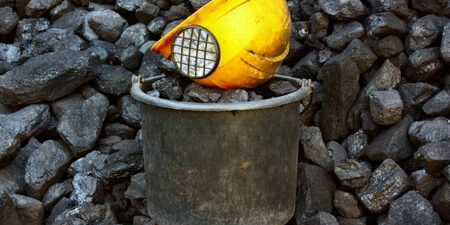Overview
Texas law affords a sales tax exemption for equipment used in manufacturing. However, Comptroller has historically limited this exemption only to equipment used subsequent to the beginning of the processing of tangible personal property. Recent court decisions changed this.
The Facts
In Hegar v. Texas Westmoreland Coal Co., taxpayer argued successfully that excavators qualified for exemption. Taxpayer is a coal manufacturer. As part of its processes, taxpayer used excavating equipment to scrape up coal from the ground, break it apart, and dump it into trucks below, breaking it further. Westmoreland requested refunds of sales tax paid on the excavators.
Comptroller denied the refunds stating, “processing,” as defined in state statute, “does not encompass extracting minerals from the earth,” also saying the coal was “real property, not personal property, when the excavators first dug into the…formation.”
Taxpayer Wins!
An exemption may giveth. But an exemption may taketh away.
Here is where it gets really interesting. Comptroller has now looked at this from the other perspective. Under the statute, a sale is defined – in part – as “a transfer of title or possession of tangible personal property,” and the term “tangible personal property” is further defined as “personal property that can be seen, weighed, measured, felt, or touched or that is perceptible to the senses.”
Historically, Comptroller has consistently held that an item must be “processed” to be taxable. “Purchases of stone or rock that is cut, crushed or mixed with other products (such as processed soil, dirt, sand or gravel) are taxable as processed materials. But, purchases of unprocessed dirt, sand, gravel, stone, rock or similar materials are not taxable.” Tax Policy News, March 2012.
However, Clarus Partners has recently identified a change in policy direction, specifically the result of the Westmoreland decision. A taxpayer currently under audit has been assessed tax on sales of unprocessed materials in spite of voluminous historical contradictory guidance.
Where Will This End?
It’s difficult to say.
It seems possible that Comptroller’s change in policy could stand. For instance, water meets the definition of tangible personal property under the statute. But there is a specific legislative exemption for water. No such exemption exists for dirt, sand, gravel, stone, rock or similar materials. (Incidentally, water which is processed is actually taxable in Texas. So, what is processed water? Ice. If you go into a store and buy a bottled water, it is nontaxable. But go into the same store and purchase a bag of ice, and it is taxable.)
There is certainly the argument that – even if policy is changed going forward – to assess a liability on sellers that did not collect tax based upon prior administrative guidance seems punitive and unfair.
Both the Travis County District Court and the Third Court of Appeals sided with taxpayer, (1) finding that the excavators did change the property, and (2) finding no express disqualification for exemption when the raw materials began as real property rather than personalty.
A Word to the Wise, Though
If your business sells unprocessed materials and has relied upon prior direction from Comptroller indicating these sales are nontaxable, you may want to reconsider this approach.
Additionally, if your business buys unprocessed materials and has not paid sales tax on these purchases, you should be aware of a potential upcoming liability and plan accordingly.
Clarus Partners is ready to help your business with Texas Sales Tax or any of these other issues.
By Steve Hanebutt

